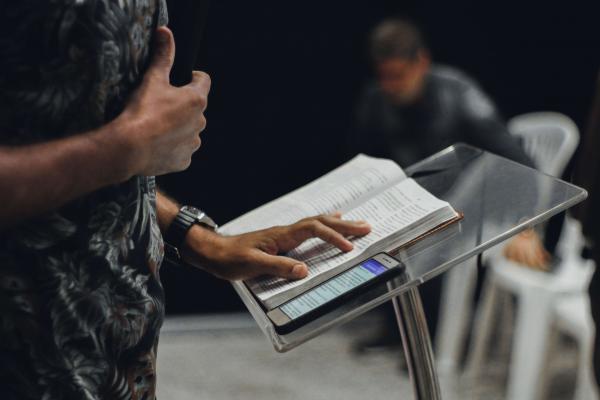Nov 14, 2019
Andy Savage’s website includes several blog posts about how to be a good parent and husband, but Jules Woodson says that he sexually assaulted her while she was a minor and he was her youth pastor at a Southern Baptist Church (SBC) in Texas.
Read the Full Article

Already a subscriber? Login
